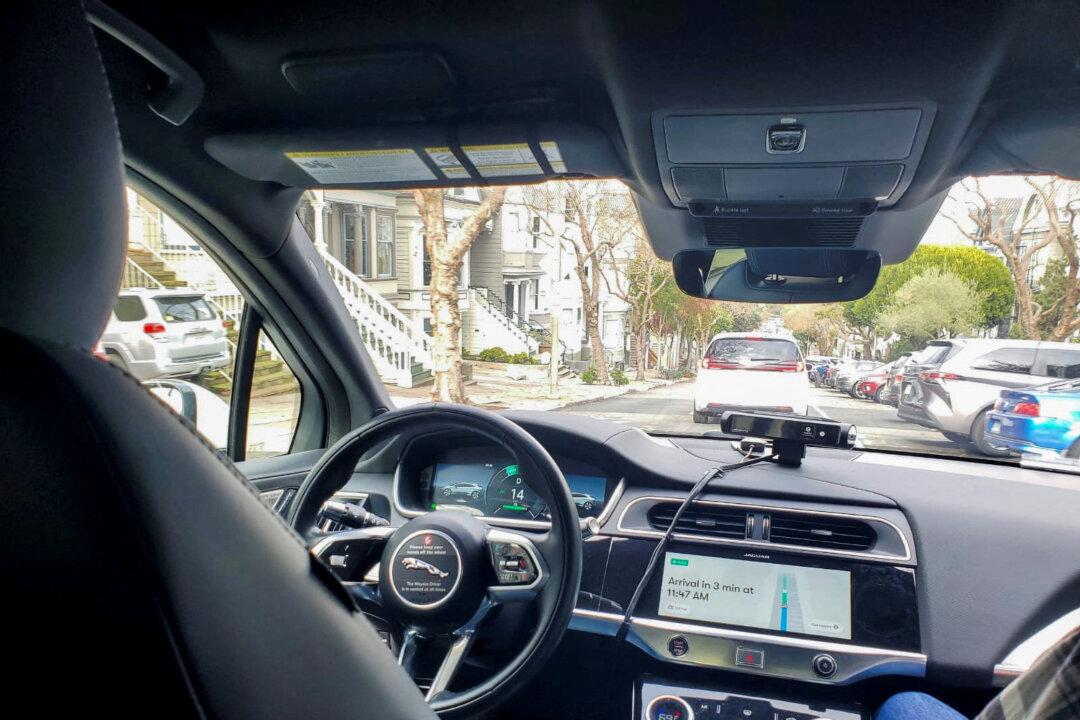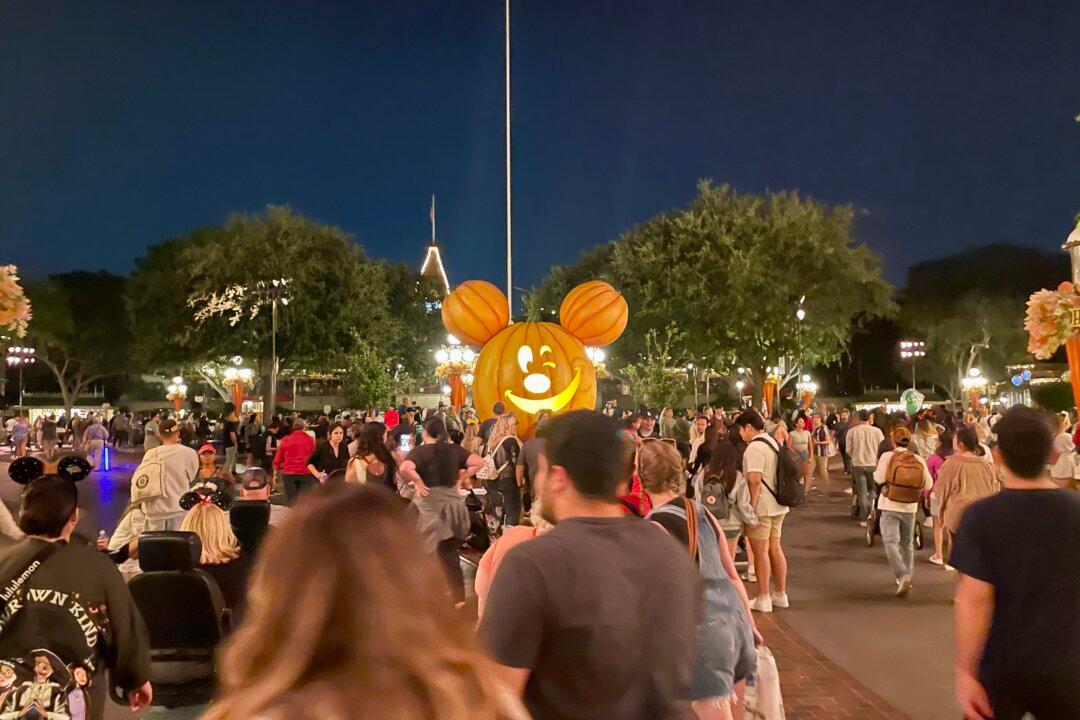With its manicured neighborhoods and glistening coastline, Newport Beach is also home to interesting and accomplished figures both past and present. Thanks to its founders with the vision to see the affluence and productivity the town is known for today, Newport Beach remains a top destination for residents and visitors alike.
The town of more than 86,000 was not always so bustling, however. Back in the late 1800s, the bay that is the present-day Newport Harbor was considered “too treacherous” to navigate, according to the town’s city guide.




